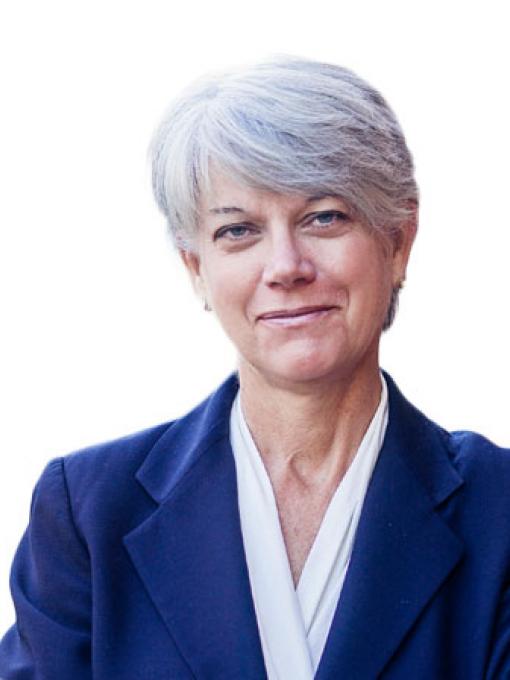For 20 years, it has been abundantly clear that there is no military solution to the conflict in Afghanistan. Unfortunately, the United States has failed to focus on peace and instead invested in two decades of war. We welcome the withdrawal of U.S. troops from Afghanistan and urge an immediate focus on securing a ceasefire.
Only an inclusive and verifiable intra-Afghan agreement can end the underlying conflict and bring a durable peace.
However, we also recognize that an end to the U.S. military involvement does not mean an end to the bloodshed in Afghanistan. Only an inclusive and verifiable intra-Afghan agreement can end the underlying conflict and bring a durable peace.
We have already seen a heartbreaking surge in violence resulting from the lack of such an agreement, with particularly dire impact on women and girls. The terrible violence we are now witnessing is clear evidence that war has no winners. An estimated 47,245 Afghan civilians — on top of 2,442 U.S. service members and 3,846 U.S. contractors — have died as a direct result of the war since it began in 2001. And as of now, the war has cost American taxpayers some $2.26 trillion and counting.
The truth is sustainable peace cannot be forced from the barrel of a gun. The United States cannot make itself more secure by making others less so. But it can use its diplomatic leverage to help reduce violence against civilians. This will increase the chances of a ceasefire, all while supporting multilateral efforts led by a neutral party, such as the United Nations, to broker a political settlement.
The truth is sustainable peace cannot be forced from the barrel of a gun.
After such an agreement is in place, the international community must provide economic and humanitarian assistance, prevent atrocities, and promote both peacebuilding and reconciliation. The United States should also ensure that all Afghans who aided U.S. diplomatic, development, and military operations who desire to leave the country will be quickly given immigration opportunities inside the United States.
The United States cannot dictate outcomes in Afghanistan, and, in fact, it has squandered key leverage. However, it can still play a positive role. As two highly respected diplomats have recommended, the U.S. should use its voice as a permanent member of the U.N. Security Council to empower the United Nations to act as a neutral mediator in the peace talks. This will help ensure the U.N. humanitarian presence inside Afghanistan has a continued mandate and sufficient funding.
By taking these steps, Congress and the administration can help build a durable peace in Afghanistan that makes us all more secure.

